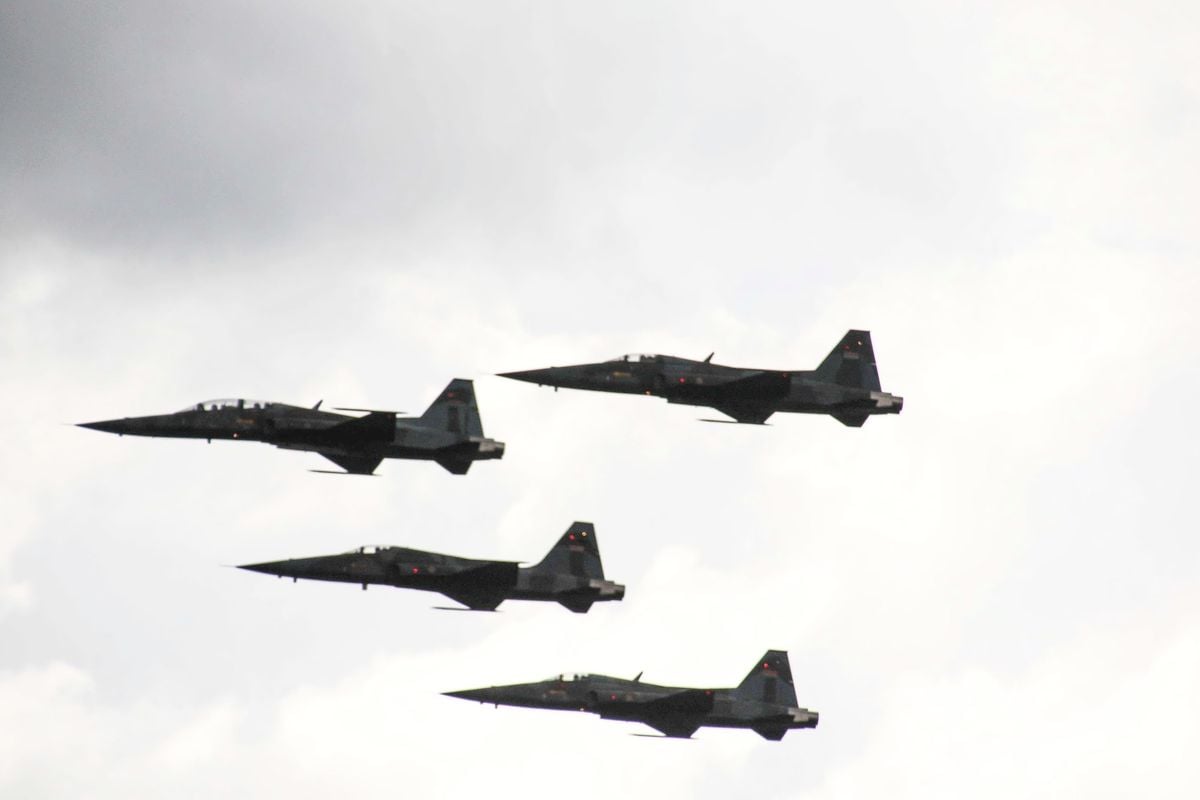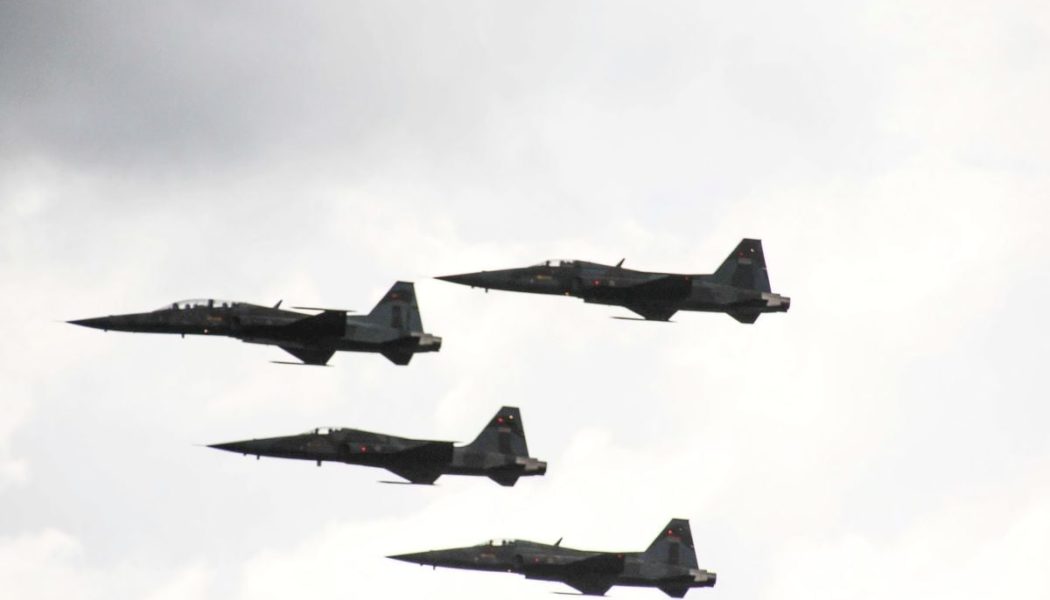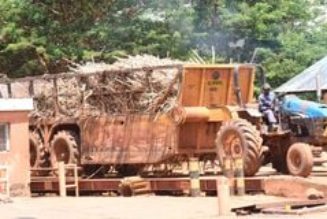
Kenya is acquiring a high-tech missile defence system from Israel using a Sh1 billion loan from Tel Aviv amid growing security threats in the Gulf of Aden from Houthi rebels and Somalia’s Al-Shabaab.
The missile barrier dubbed Spyder Air Defence System will be acquired from Israeli company, Rafael Advanced Defense Systems Ltd, for undisclosed cost through the loan, the Treasury’s budget documents tabled in Parliament on Tuesday evening show.
The upgrade of Kenya’s defence system comes in a period of heightened security concerns that has seen Iranian-backed Houthi rebels fire drones and missiles towards Israel and on commercial ships in the Red Sea.
The country still faces threats from the al Qaeda-linked Al-Shabaab that has carried out a spate of attacks in the region since it was formed more than a decade ago, including a 2020 audacious assault on US forces in Kenya.
The timing of the Israeli deal with Kenya also comes against the backdrop of growing tensions in the Middle East following the war between Israel and the Palestinian militant group Hamas.
The Treasury provided scant details on the deal as the country races to modernise the Kenya Defence Forces.
“Procurement of quantity one (1) Reinforced Battery of Medium Range Surface to Air Missile System–Spyder Air Defence System,” said the Treasury in budget documents projecting fresh loans for the financial year starting July.
Israel is not one of the top donors to Kenya. It exported goods worth Sh6.84 billion to Kenya against imports of Sh978 million.
But Kenya has maintained strong relations with Israel and condemned the October 7, 2023 Hamas attack in Israel, which triggered the ongoing war. Kenya has since called for a cessation of hostilities.
The Sh1 billion loan deal is part of the Sh168 billion budget allocated to the Ministry of Defence for the fiscal year starting in July.
It comes as MPs continue to push the ministry to consider leasing out systems it uses to gather intelligence due to the high costs associated with buying kits and their high rate of turning obsolete.
“The Ministry of Defence considers the leasing of equipment and systems it uses since rapid changes in technology make leasing more affordable than purchasing. That way, the ministry will avoid the risk of sinking huge budgets into equipment and systems that become obsolete before the end of their useful period,” MPs resolved in their report on the 2024 Budget Policy Statement (BPS).
Kenya does not make public its military purchases, and only Parliament is mandated to review the classified expenditure. Some of Kenya’s largest military expenditures have been revealed through international sources such as the Stockholm International Peace Research Institute (Sipri).
These include helicopters, transport planes and jet fighters, illustrating the race to strengthen the country’s aerial power.
Kenya has in recent years continued to lead its regional neighbours in both budget and annual spending growth, triggering fears it could spark an arms race in the region. The Spyder air defence unit defends large areas against a wide spectrum of threats.
“System components and interceptors can be flexibly combined, affording different configurations with various ranges and capabilities. All the Spyder systems have multiple target engagement capability for dealing with saturation attacks,” Rafael Advanced Defense Systems Ltd, the company that manufactures Spyder Air Defence Systems, says.
The system also offers protection against aircraft attacks, helicopters and cruise missiles.
While the capabilities of this system are not clear from the Treasury documents, the Middle East nation has proved to have strong capabilities to repel air attacks through its Iron Dome batteries.
Israel’s best-known air defences are its Iron Dome batteries, jointly developed with the US, which are primarily used to shoot down short-range rockets fired by Palestinian militants.
During recent conflicts with militants in Gaza the system has intercepted around 90 percent of projectiles that crossed into Israeli territory and targeting populated areas, according to the military.
Israel also fended off hundreds of drones and missiles fired by Iran on April 14 using a combination of its own sophisticated air defences and the critical support of western powers and Arab partners.
Rafael Advanced Defense Systems Ltd is also the maker of Iron Dome.
The Ministry of Defence has spent more than Sh385 billion in the three years ending June 2023. The ministry’s budget has grown by 38 percent from Sh122.26 billion in the fiscal year 2020/21 to Sh168 billion in 2024/25.
“The ministry faced various challenges during implementation of the mandate but not limited to terrorism, radicalisation and religious extremism; complex and evolving organised crimes; rapid advancement in military technologies leading to high rate of equipment obsolescence and high cost of modification,” the Treasury notes in the 2024/25 budget books.
It notes that among measures to address the challenges is “infrastructure expansion and enhanced military operations” and that “acquisition of modern equipment and development of related infrastructure” will be among critical key performance indicators for the Ministry of Defence in the medium term.








